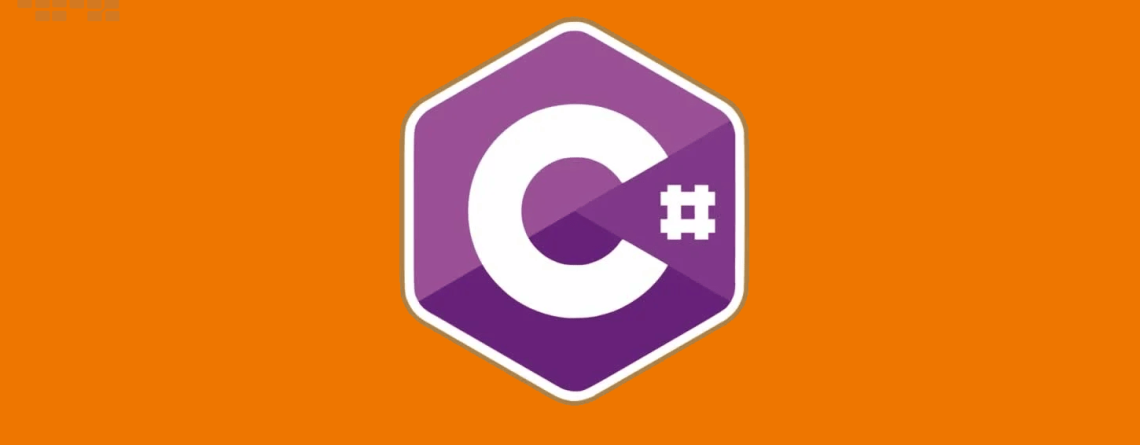C# Keywords Tutorial Part 21: delegate
Developers have a lot of freedom when it comes to defining functions and passing them around as variables thanks to C#'s powerful syntax. The "delegate" keyword, which enables programmers to define a type that represents a function with a particular signature, is one of the most helpful features in this respect. We'll examine the...


